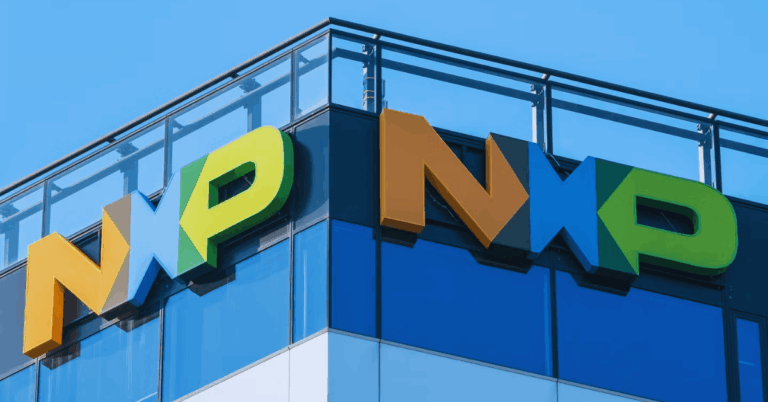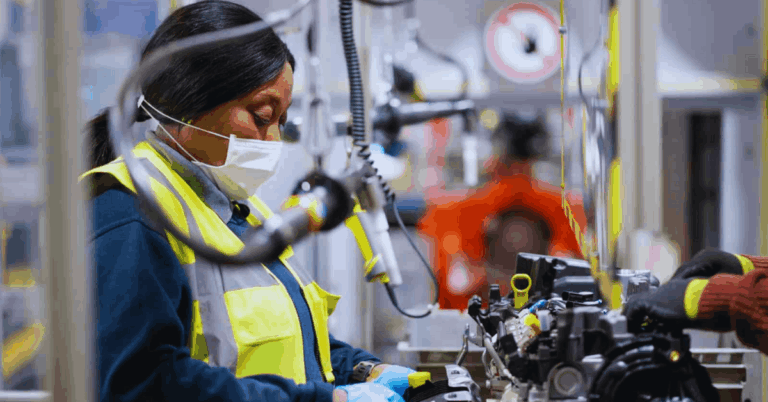Cleaning jobs in Europe offer stable employment, good wages, and flexible work options.
Many industries, including hospitality, healthcare, and commercial businesses, rely on cleaning staff to maintain hygiene and safety.
With high demand and easy entry requirements, this career path provides local and foreign workers opportunities.
Why Cleaning Jobs in Europe?
Cleaning jobs are in high demand across hospitality, healthcare, and commercial sectors.
They offer competitive pay, benefits, job security, and flexible work options.
- High Demand – Cleaning staff are needed daily in offices, hotels, hospitals, and private homes.
- Competitive Pay – Wages vary by country, but most jobs offer fair salaries with opportunities for bonuses and tips.
- Flexible Hours – Many cleaning jobs allow workers to choose between part-time, full-time, and shift-based schedules.
- Job Security – Cleaning services remain essential, ensuring consistent employment.

Types of Cleaning Jobs Available
These roles cover a range of environments, each with specific duties and skill requirements.
Workers can choose a role based on their preferences, availability, and work conditions.
- Residential Cleaning – Involves housekeeping for private homes and apartments.
- Commercial Cleaning – Focuses on maintaining cleanliness in offices, malls, and retail stores.
- Industrial Cleaning – Requires specialized skills for cleaning factories, warehouses, and production sites.
- Hotel & Hospitality Cleaning – Includes housekeeping and janitorial work in hotels and resorts.
- Healthcare Cleaning – Requires strict sanitation standards for hospitals, clinics, and elderly care homes.
Qualifications and Requirements
The jobs require no formal education but may need essential communication, physical endurance, or experience for better pay.
- Legal Status – A valid work permit or EU citizenship is required for non-EU workers.
- Language Skills – Knowing English or the local language is often necessary for effective communication.
- Physical Fitness – Cleaning involves physical tasks such as lifting, bending, and standing for long periods.
- Experience – While many jobs offer training, prior experience can improve job prospects.
- Training & Certification – Some roles, especially in healthcare and industrial cleaning, may require safety and sanitation training.
How to Apply
Applying for a cleaning job in Europe can be done through online job portals, agencies, or direct applications.
Having a well-prepared resume and understanding employer expectations improves the chances of getting hired.
- Job Portals – Websites like Indeed, EURES, and Glassdoor list job openings across Europe.
- Recruitment Agencies – Agencies help job seekers connect with employers looking for cleaning staff.
- Direct Applications – Some companies allow walk-in applications or online form submissions.
- Resume Preparation – Highlight relevant skills, work experience, and any certifications.
- Networking – Recommendations from friends or contacts can lead to job opportunities.

Visa and Work Permit Process
Non-EU workers need a visa or work permit to be employed in Europe.
The process varies by country and employer, with some offering sponsorships for foreign workers.
- EU Citizens – Can work freely within most European countries without a permit.
- Non-EU Citizens – Need a work visa or employer sponsorship to get hired.
- Visa Types – Work visas, seasonal employment permits, and skilled labor visas are commonly available.
- Processing Time – Work visa approvals can take weeks to months, depending on the country.
- Employer Sponsorship – Some companies assist with visa applications for qualified workers.
Best European Countries for Cleaning Jobs
Some European countries offer cleaning professionals better wages, work conditions, and job stability. Here are some of the best places to work.
- Germany – High wages, structured labor policies, and strong worker protections
- France – Well-paying cleaning jobs with substantial employee rights
- United Kingdom – Many vacancies due to labor shortages in the cleaning sector
- Netherlands – Competitive salaries and benefits with reasonable employer protections
- Spain – Many job opportunities, especially in tourism-related cleaning roles
Benefits of Working in the Cleaning Industry
Cleaning jobs offer more than just a paycheck. Workers receive job stability, career progression opportunities, and training for specialized cleaning roles.
- Steady Income – Provides financial security with regular wages and possible overtime.
- Career Growth – Workers can be promoted to supervisory or managerial positions.
- Job Availability – High demand ensures plenty of opportunities across industries.
- Skill Development – Training programs help workers improve efficiency and professionalism.
- Employment Stability – Cleaning jobs remain necessary regardless of economic changes.
Salary Expectations for Cleaning Jobs in Europe
Cleaning position salaries in Europe vary by location, experience, and job type.
Some countries offer higher wages, overtime pay, bonuses, and social security. Below is a general wage breakdown across Europe.
- Germany – €12–€16 per hour, approximately €1,800–€2,500 per month
- France – €11–€15 per hour, around €1,600–€2,200 per month
- United Kingdom – £10–£14 per hour, roughly £1,700–£2,300 per month
- Netherlands – €11–€14 per hour, about €1,800–€2,400 per month
- Spain – €8–€12 per hour, usually €1,200–€1,800 per month
Challenges and How to Overcome Them
Despite the benefits, cleaning jobs can have challenges. Overcoming these issues helps improve job performance and satisfaction.
- Language Barriers – Learning basic workplace phrases improves communication with employers and clients.
- Physical Demands – Proper rest, hydration, and technique reduce fatigue.
- Varied Work Environments – Adapting to different locations and conditions enhances job flexibility.
- Workload Pressure – Efficient time management prevents burnout and improves productivity.
- Unstable Contracts – Searching for long-term or permanent contracts enhances job security.
Career Growth in the Cleaning Industry
Cleaning jobs provide a path for career advancement. With experience and training, workers can move into higher-paying or managerial roles.
- Supervisory Roles – Workers can advance to team leader or cleaning manager positions.
- Certifications – Earning sanitation and safety certifications improve job prospects.
- Specialized Cleaning – Hazardous waste and industrial cleaning jobs offer higher pay.
- Entrepreneurship – Some workers establish their cleaning businesses.
- Facility Management – Transitioning into facility maintenance roles provides better salaries.
Rights and Protections for Cleaning Workers
European cleaning workers have rights that protect them from unfair treatment and low wages.
Understanding these rights ensures a safer work environment.
- Employment Contracts – Workers receive written agreements outlining job security, wages, and work conditions.
- Fair Wages – Minimum wage laws ensure that cleaning workers are not underpaid.
- Worker Unions – Labor unions help negotiate better salaries, benefits, and working conditions.
- Paid Leave – Many European countries provide paid sick leave and vacation days for cleaning staff.
- Health and Safety Standards – Employers must follow regulations to ensure a safe and hygienic work environment.
The Bottomline
Cleaning jobs in Europe provide stable income, career growth, and job security across various industries.
With high demand and accessible entry requirements, they offer local and foreign workers opportunities.
Apply now to secure a cleaning job and start a reliable European career.












